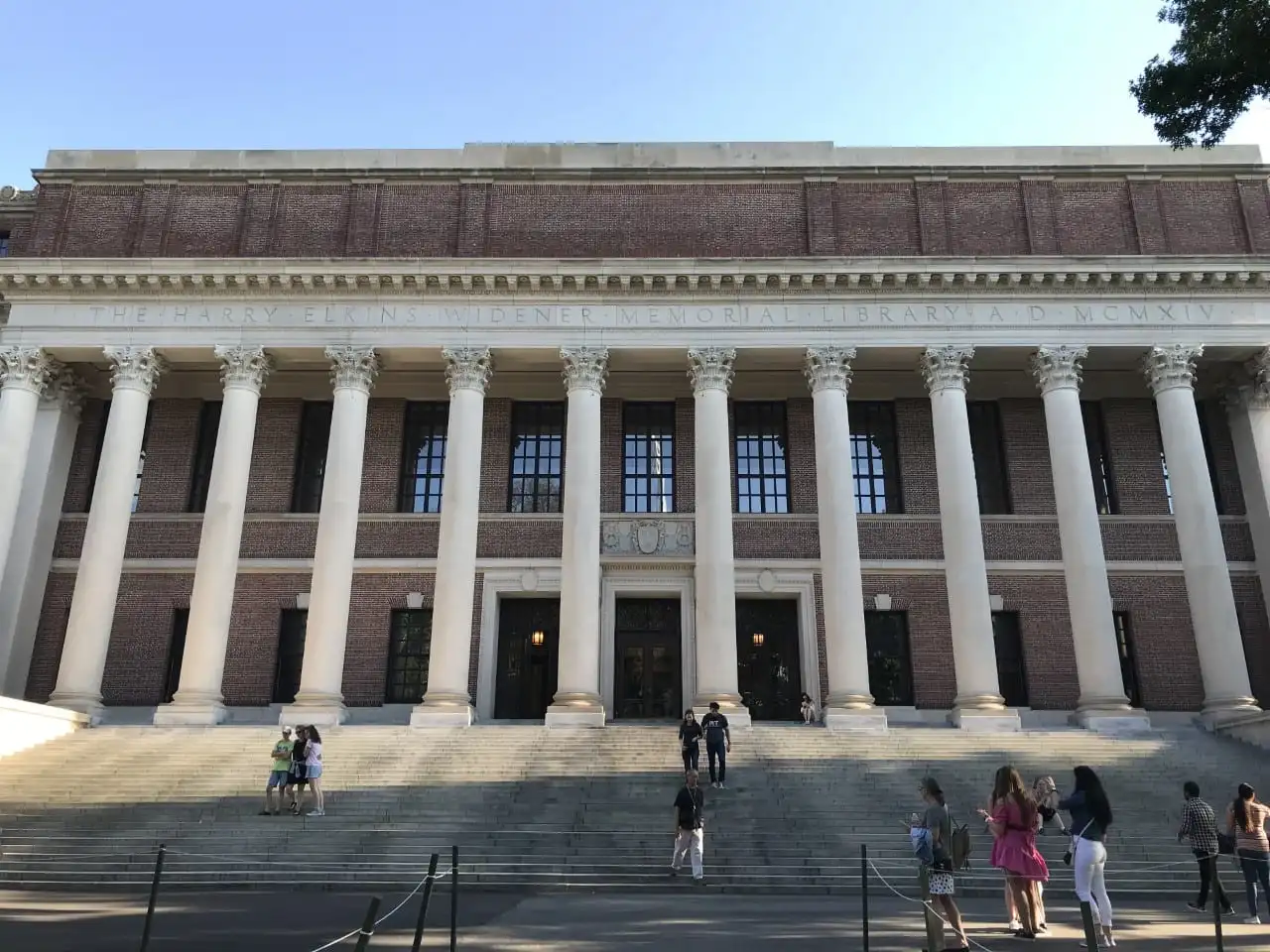the Department of Homeland Security (DHS) has revoked Harvard University‘s certification to enroll international students under the Student and Exchange Visitor Program (SEVP).
The decision takes immediate effect, threatening the legal status of nearly 6,800 international students currently enrolled at the Ivy League institution.
The SEVP certification revocation effectively blocks any new international enrollments and places current non-citizen students at risk of deportation unless they can quickly transfer to another certified institution. The policy change follows growing friction between the administration of former President Donald Trump and prominent universities over issues of political speech, campus activism, and academic independence.
“This is a privilege, not a right,” read the administration’s statement. “Universities that collect higher tuition from foreign students while promoting radical ideologies cannot be immune to accountability.”
The move is part of a broader crackdown that has targeted elite academic institutions across the U.S., especially those accused of fostering what the Trump administration calls a “woke culture” and ignoring rising antisemitism. Harvard, in particular, has been at the center of high-profile controversies, including student protests over the Israel-Gaza conflict and criticisms of institutional neutrality.
Also Read; US-China Trade Talks Signal Possible Reset
Harvard University officials responded swiftly, calling the move “legally dubious” and “deeply harmful.” University President Alan Garber said in a statement that Harvard is “exploring every legal avenue” to reverse the decision and protect its global community of scholars.
Civil liberties groups and education advocates have condemned the action. American Civil Liberties Union (ACLU) spokesperson Maya Wiley warned that this could be a slippery slope toward “using immigration law to punish ideological differences.”
The international community has also expressed concern. Kevin Rudd, Australia’s ambassador to the United States, said his government is in communication with students and their families, promising to provide support and consular assistance where needed.
Legal experts expect Harvard to challenge the decision in federal court, potentially setting the stage for a landmark battle over academic freedom and immigration rights. Meanwhile, university campuses across the country are bracing for possible ripple effects.
For thousands of international students, many of whom have spent years building their academic careers in the U.S., the situation is distressing and destabilizing.
“I left everything behind to study here,” said Marisol, a doctoral candidate from Chile. “Now I don’t know if I’ll be allowed to finish what I started.”







